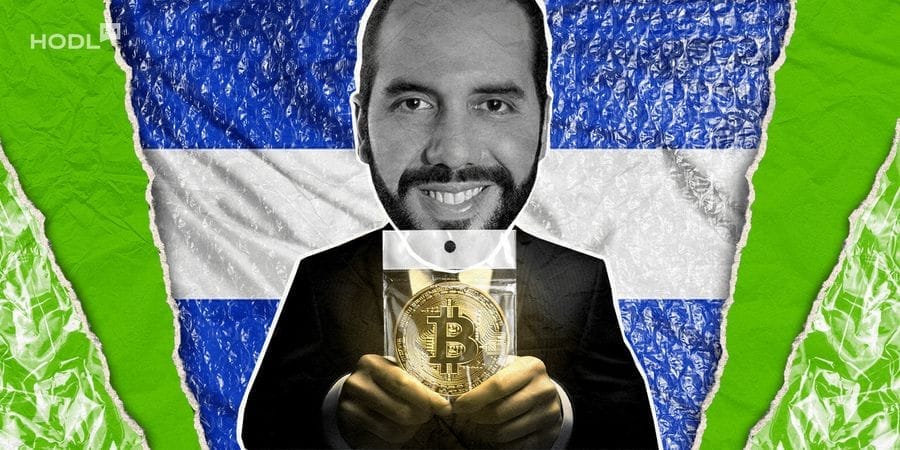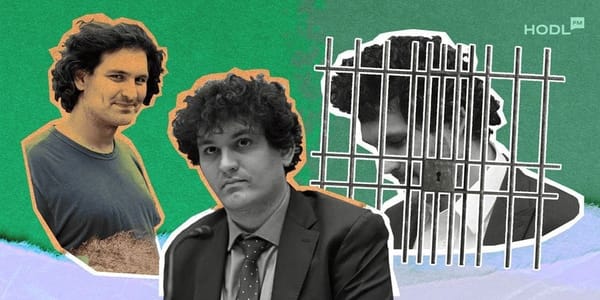El Salvador consolidated roughly 6,300 BTC (about $680 million) in a single on‑chain wallet. Last week, authorities redistributed those holdings into 14 wallets, each capped at 500 BTC, and published a public dashboard so anyone can verify the transactions. According to Reuters, the transfers are on‑chain and fully traceable.
Operationally, the move reduces the exposure tied to any single private key and makes audits easier. It doesn’t change Bitcoin’s underlying cryptography or eliminate future risks, but it follows well-known custody practices: split funds across multiple keys, rotate addresses, use hardware key storage and consider multi‑signature arrangements. Below, we unpack what this change does and what it doesn’t in practical terms.
Why the Reshuffle?
Officials say one motive is preparing for long‑term cryptographic risks, specifically those posed by quantum computing. In theory, quantum algorithms such as Shor’s can recover private keys from public keys, which would undermine the public‑key cryptography that secures Bitcoin addresses. That theoretical risk is real, but practical exploitation requires large, fault‑tolerant quantum machines that do not yet exist.
Most experts and technical surveys place viable, large‑scale quantum attacks on public‑key systems, if they occur, years or decades away. Still, a growing number of organizations are treating quantum risk as a planning problem today: assessing timelines, inventorying key material, and exploring “crypto‑agility” so systems can migrate to quantum‑resistant algorithms when standards and tools mature. Reporting from outlets such as TechRadar and Barron’s has urged organizations to begin this work rather than wait for a crisis.
What the Wallet Split actually Achieves
Splitting funds across many addresses and avoiding address reuse reduces the maximum value associated with any single private key. That limits the damage if one key is later compromised, whether through future cryptographic advances or more conventional operational failures (theft, leaked keys, or insecure backups).
Security professionals largely described the steps as sound custody hygiene: “don’t reuse addresses” and “limit single‑key exposure.” Public response ranged from measured applause to skepticism and sarcastic commentary on social platforms, a typical mix for crypto policy moves that combine technical and political dimensions.
A Political Signal, too
There’s a broader context behind the choreography. The IMF reportedly advised El Salvador to pause additional Bitcoin purchases as part of discussions around a $1.4 billion lending package. President Nayib Bukele has continued buying roughly one BTC per day, and the wallet reorganization reads as more than a backend security tweak. Publishing a public dashboard and visibly redistributing holdings also communicates commitment and operational discipline, a message to domestic and international audiences that the government intends to continue its Bitcoin strategy.
Is this purely symbolic theater? Not entirely. Is it a full defense against a mature quantum attack? No. The action sits between the two: it’s a pragmatic operational improvement that also functions as a public statement. For organizations or states worried about future cryptographic shifts, early operational steps (key rotation, fragmentation, improved auditing) are sensible interim controls while the community waits for standardized post‑quantum solutions.
El Salvador’s wallet split is a defensible operational move that reduces per‑key exposure and increases transparency. It is not a cure for a future quantum breakthrough, but it is a reasonable step in a broader preparedness posture and it doubles as a public signal of continued commitment to the asset.

Disclaimer: All materials on this site are for informational purposes only. None of the material should be interpreted as investment advice. Please note that despite the nature of much of the material created and hosted on this website, HODL FM is not a financial reference resource, and the opinions of authors and other contributors are their own and should not be taken as financial advice. If you require advice. HODL FM strongly recommends contacting a qualified industry professional.





